In the 1960s, Art Linkletter had a long-running TV show called Kids Say the Darndest Things, which featured unscripted interviews with children and the frank, often hilarious things they would say. And the adage in that show’s title still holds true today. We asked veteran children’s authors and illustrators to tell us favorite questions they’ve been asked by young readers, and how they answered them.
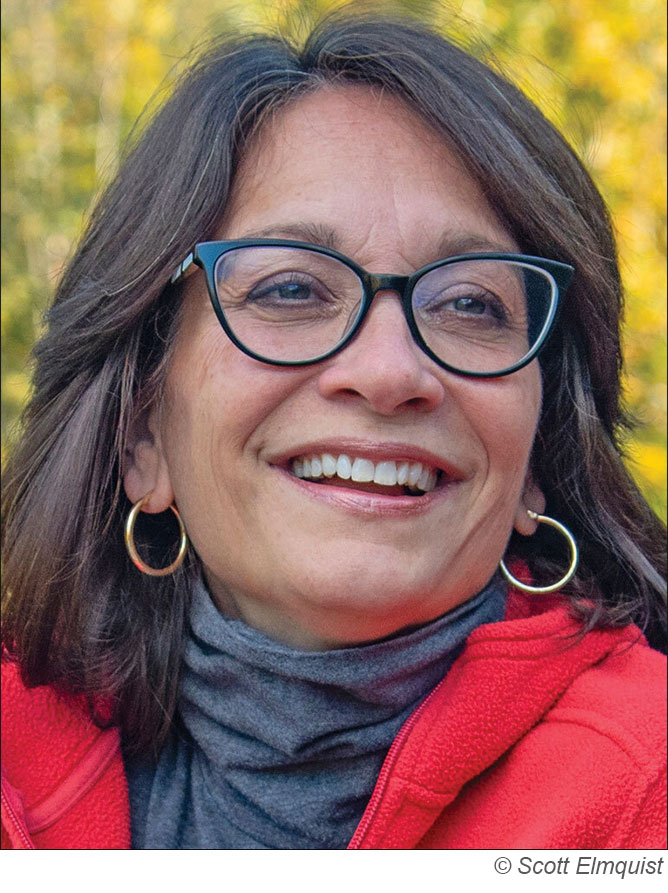
Meg Medina
Back when I was a brand-new author, I was invited to do an author event at a middle school in northern Virginia. The event—one of my first ever—was to be held on the last day of school before summer break. As hard as it is to believe, the kids were great, even being so perilously close to their summer freedom. But I didn’t escape completely unscathed. During the q&a, a boy in the middle row asked, “So, why did you write all those boring parts?”
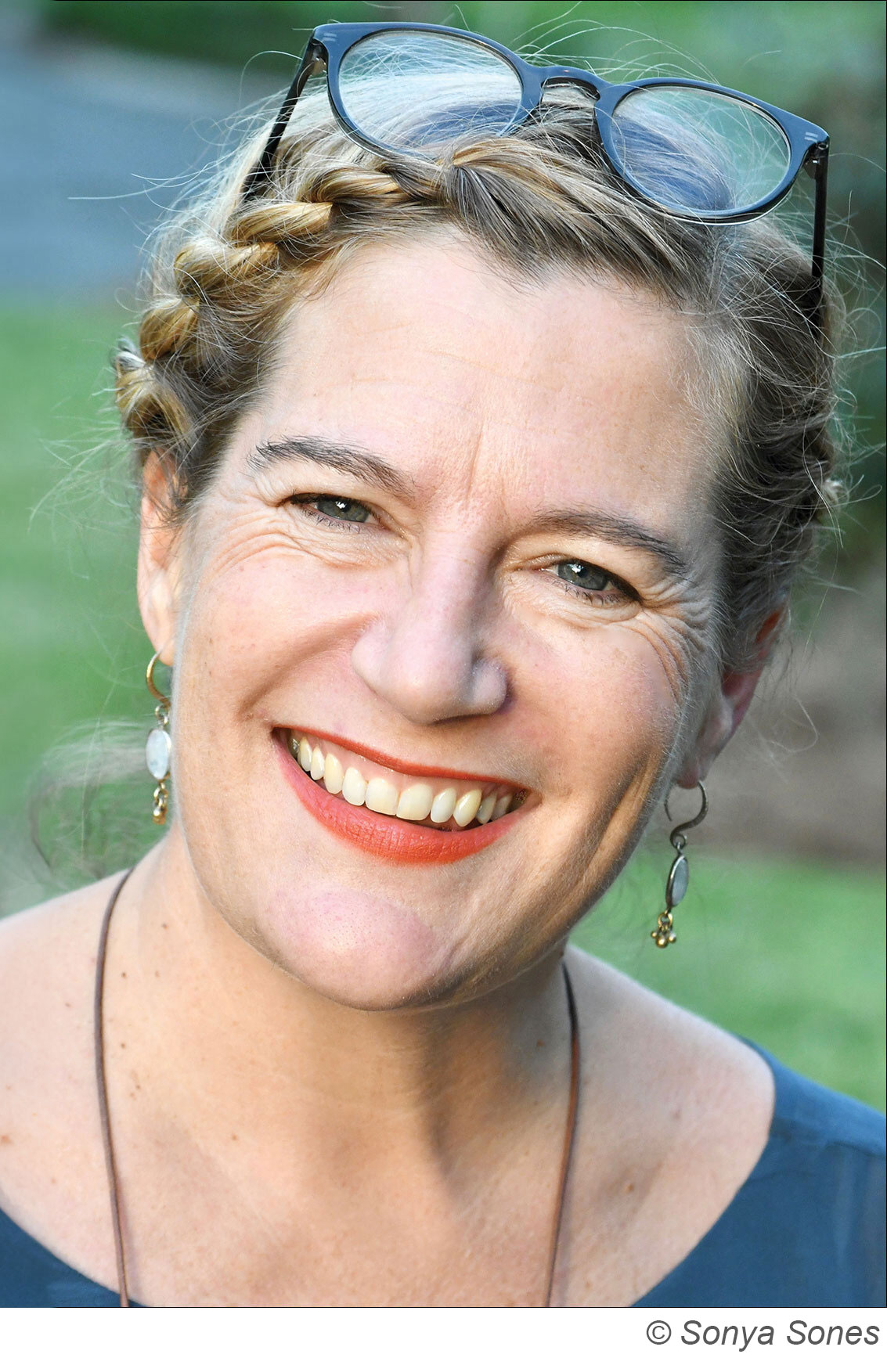
Sophie Blackall
On book tour for If I Was a Horse, a kid asked me, “Were you a horse when you were a kid?” which made me laugh. I responded with a question: “If you weren’t a human kid, what would you be?” He answered without hesitation, “I would be a python and I would live in my dad’s hot tub and I’d put bubbles in there and go to sleep on the bubbles.” I had many follow-up questions for that kid.
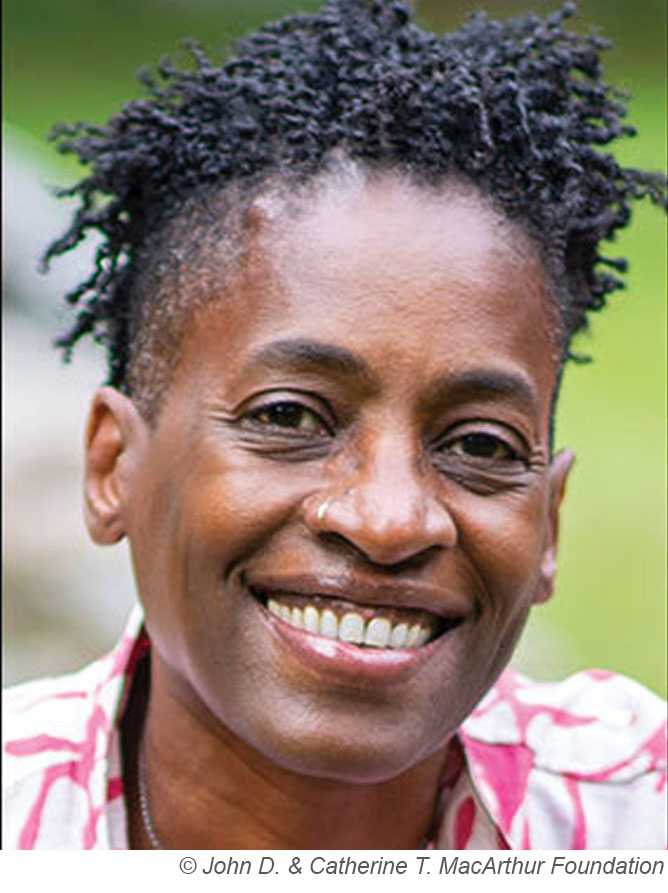
Jacqueline Woodson
A seventh grade Muslim girl asked me, “How does your spirituality and religious upbringing impact the stories you write?” I told her it was one of the best and most original questions I’d ever gotten from a young person and truly appreciated her being thoughtful enough to ask it. I then went on to tell her that so many of my books have some part of my religious history either as truth, as in the case of Brown Girl Dreaming, or as fiction, as with Hush, Another Brooklyn. I said my writing life is part of my spiritual practice.
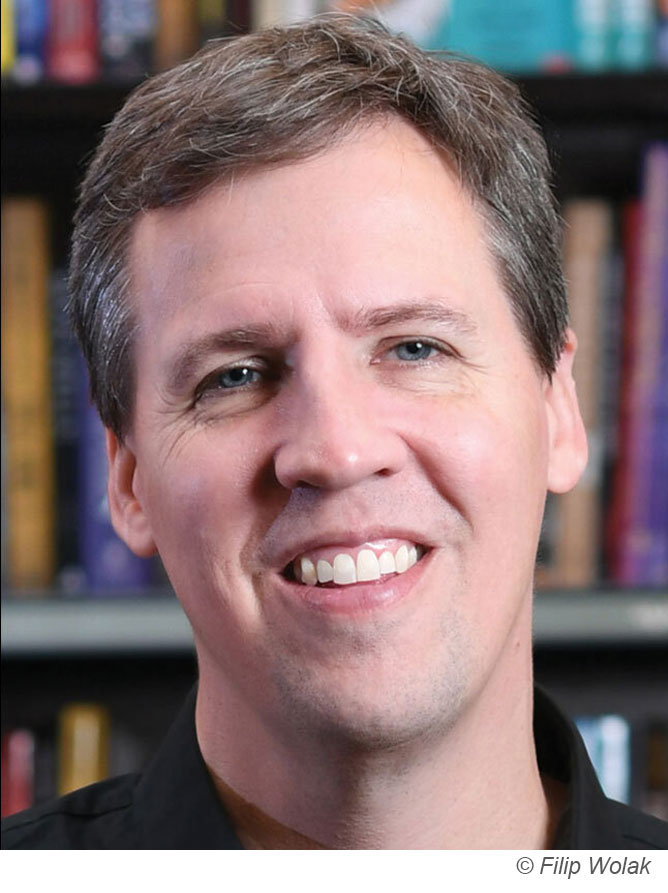
Jeff Kinney
At about the time my fourth or fifth book came out, I was a den leader for my son’s Cub Scout pack. Even though my books were starting to get popular, none of the kids seemed to catch on that I was the author of the Diary of a Wimpy Kid series.
One time a kid walked up to me and asked, “What’s your name?” And I said, “Mr. Kinney.” Then he asked, “What’s your first name?”
Finally, I thought. A kid figured out that I was the author of the Wimpy Kid books!
“Jeff,” I told him, with a touch of expectant pride. The kid thought about this for a few seconds. Then a light bulb went off in his head. His eyes lit up and he pointed a finger at me. “You have the same name as the guy who wrote those books!”
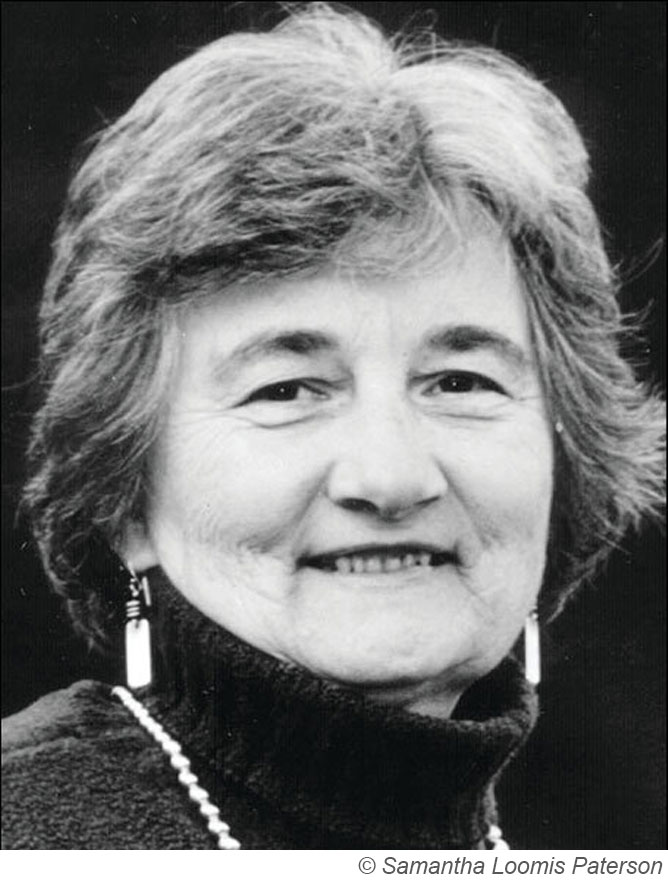
Katherine Paterson
The best questions are the ones that teach a writer something about her own book. The one I remember came in a fifth grade class, when an African American boy raised his hand. “Did you name Jesse Aarons after Jesse Owens?” he asked.
Jesse Owens? The amazing Black athlete who won four gold medals in the 1936 Berlin Olympics, exploding Hitler’s Aryan supremacy theory right in his face? And I’ve written about a boy who wants to be a fast runner and named him Jesse Aarons? Jesse Owens—Jesse Aarons. Say the two aloud.
“Of course I did,” I said. “But I didn’t know it until you asked me the question.”
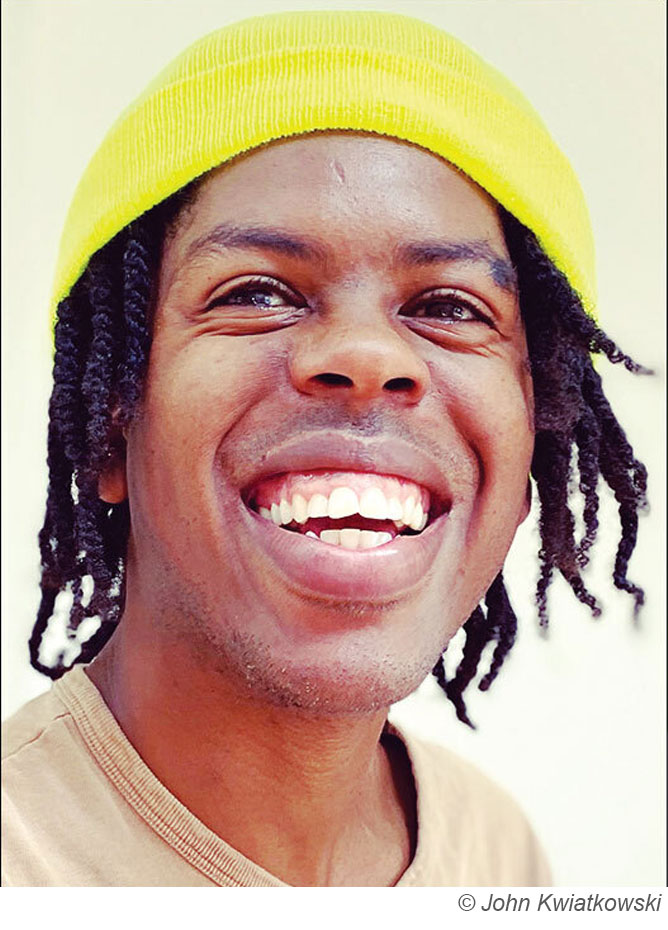
Christian Robinson
“Is it expensive?”
The question threw me off a little. I asked a clarifying question, and learned the young student was asking about all the materials and supplies that they had seen in a photo of my art studio. I was reminded how making art can seem out of reach. Her simple question got me back in touch with a part of myself, the part that knows what it’s like to feel that a career as a working artist is only for those with means. It was also a reminder of my own privilege and how far I’ve come to not even think about the price of paint. I explained that art can be made with just about anything, and that is part of the magic. I showed how even the texture of the snake’s skin on the cover of Twenty Questions was made with a little paint and paper towel from my kitchen. Creativity is often inspired by making something out of nothing.
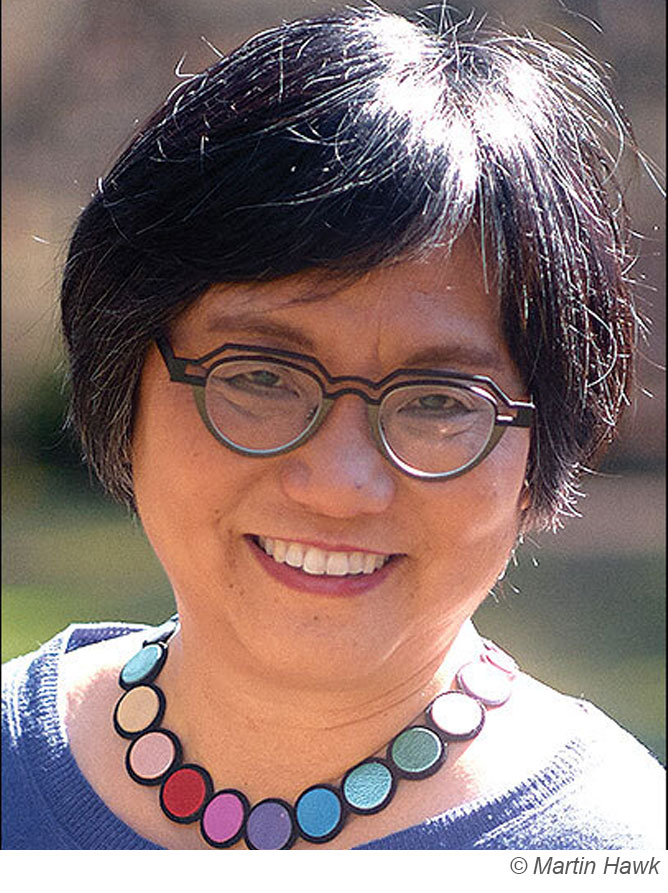
Linda Sue Park
My favorite question from a young reader came in a letter. It was relatively early in my career, and I still wasn’t used to getting mail from readers. I loved this letter so much that I memorized it and know it by heart to this day: “Dear Ms. Park, I was absent the day we picked our author to write to, and you were the only one left. My question for you is, do you know Gary Paulsen?”
I wrote back saying that I had never met Gary Paulsen, but I too was a big fan of his work, and that my favorite books of his were Woodsong and Harris and Me. Years later, I did in fact meet Gary and I told him about the letter, which gave him a good laugh.
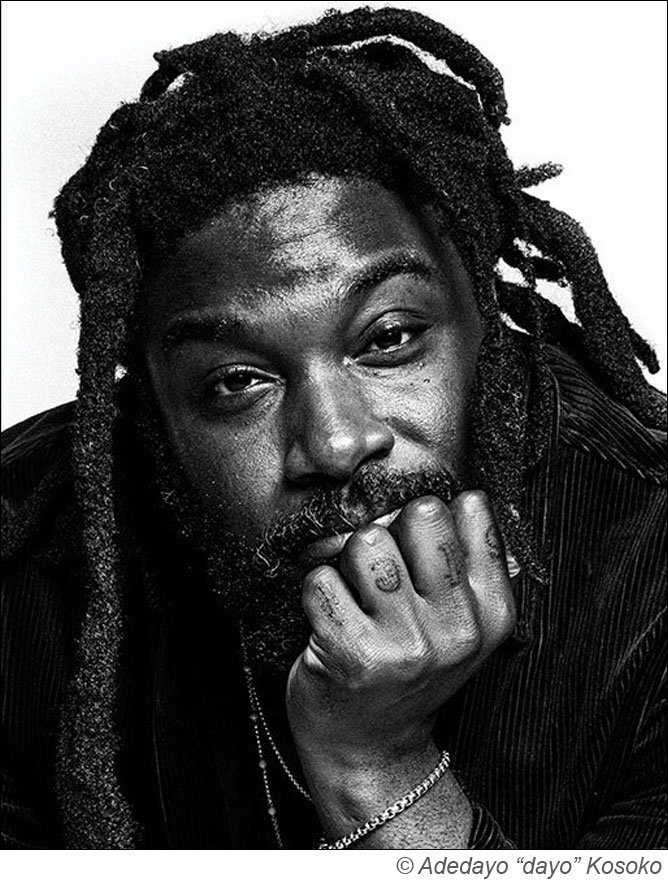
Jason Reynolds
I don’t remember exactly where I was, but the environment felt conservative. Not politically—just buttoned up. I’d finished giving a one-hour talk about my life and was now taking questions. My rule during q&as is always the same: all questions are fair. So, one young person raised their hand and asked me if I happen to be part of the LGBTQIA community.
I could tell by the demeanor of the kid that they were looking for a kind of confirmation. All the students around them started to snicker. It’s important to note that up until that point, the other questions had been about sports, video games, cars, sneakers... all kinds of other things. So, this question felt like it was from left field, and judging by the other students’ snickers, was somehow seen as silly. But to me, it was such an important question, one I was happy to honor.
My answer was simply, “Yes. Absolutely!” I followed with, “Even if I don’t identify as LGBTQIA, I have family, friends, students, and other loved ones who are, and I am in community with them. I make community with them. So, yes, I am, and we should all be part of the LGBTQIA community.” The student nodded and smiled, and I took the next question.
Photo credit: Adedayo “dayo” Kosoko
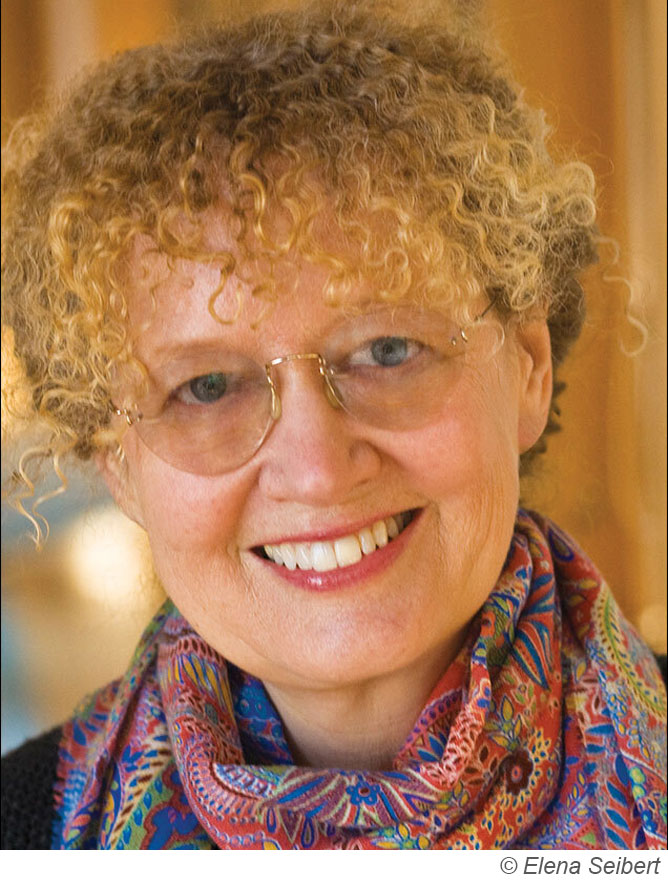
Mary Pope Osborne
“Mrs. Osborne, why do we have to live in a world with white-nose fungus?” When I seemed taken aback, the boy’s dad explained that his son loves bats and this is a disease inflicted on the bat population now. He was such a sweet kid that I imagine I told him I didn’t know why we had to live in such a world, but I felt as sad about it as he did.
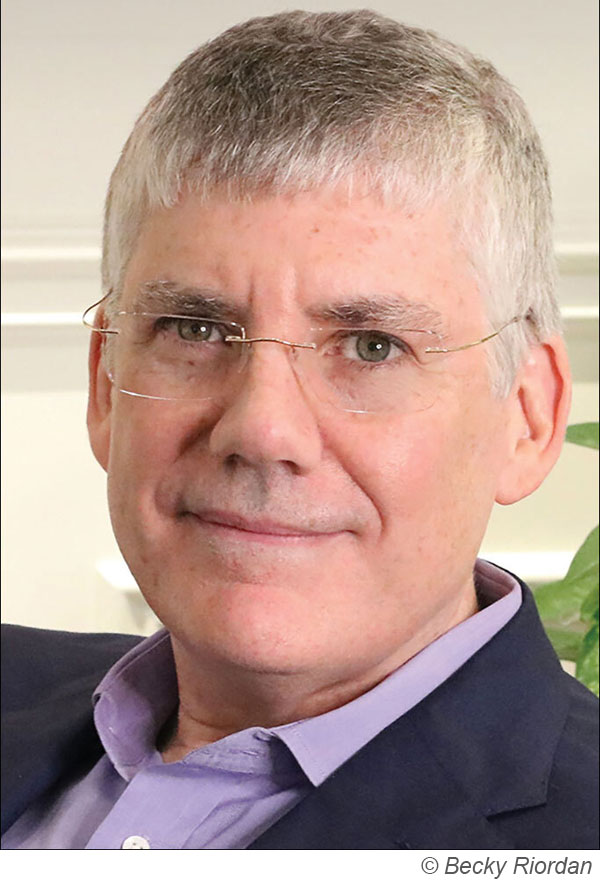
Rick Riordan
My favorite fan letter/question was a grocery list, sent to me in 2015. I love this because, first of all, I learned a lot about this fan’s eating habits. Second, it is a very ADHD/Percy Jackson thing to do, mailing your grocery list to an author. And lastly, it gave me an enduring mystery, wondering what the fan wanted to ask and what they thought when they finally got to the grocery store. I am going to assume they asked when the next book would come out, and also what aisle the tartar sauce was in.
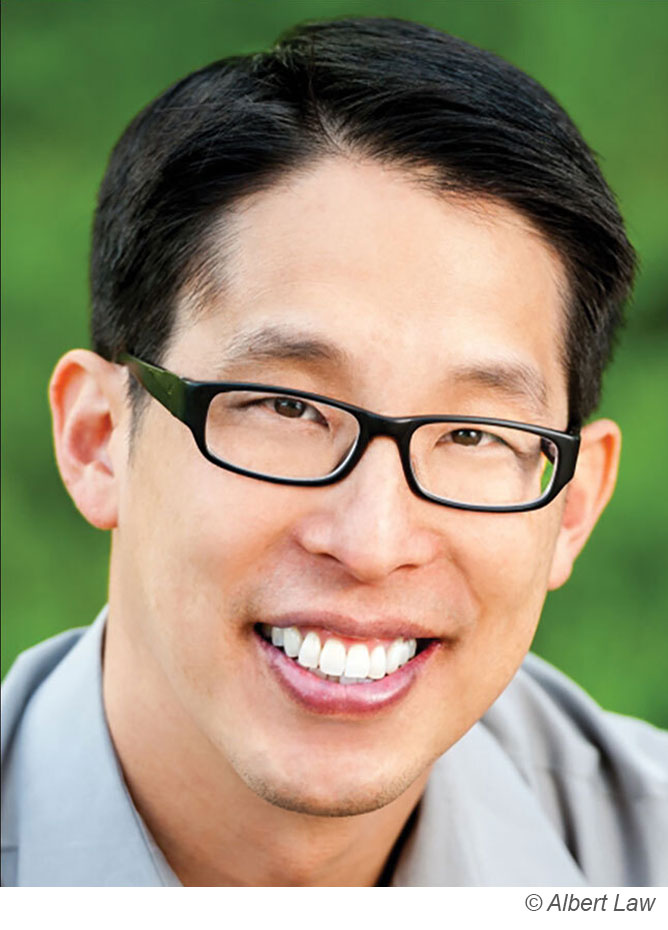
Gene Luen Yang
“Did you ever get a girlfriend?”
A student asked me this question after I gave a presentation about my childhood love of comics. I talked about how when I was in junior high, I was told by a popular classmate that if I kept reading comic books I would never get a girlfriend, so I gave them up for years.
My answer to the student’s question was yes, I did get a girlfriend. My junior high friend was wrong. Comic book geekery and romance are completely compatible.
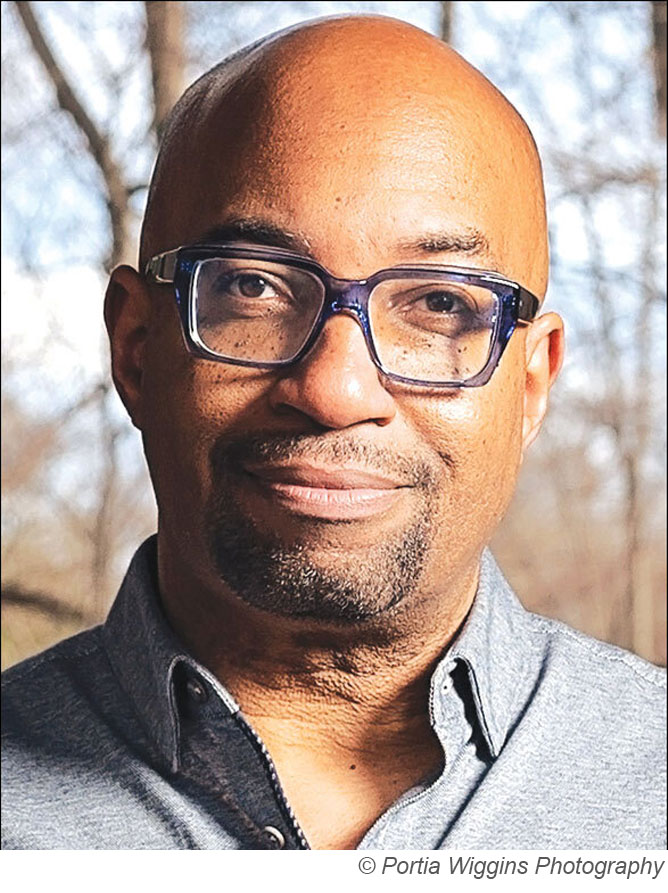
Kwame Alexander
Sure, I get the “What kind of car do you drive,” “Are those Guccis you’re wearing,” and “How old are you” questions, but the one that still intrigues me the most, the one that froze me, was from a seventh grader in Berkeley, Calif., who, after listening to me read poetry and share stories of my writerly life, looked at me with a stern curiosity and asked, “What are you doing this for?” Seeing that I was a bit flummoxed, he followed that up with “Why are you here?”
After I got my bearings, I told him that I was doing this because I wanted to help him and his friends imagine a better world, and I felt like my words could help in that regard; that I’m here because I want students to know their worth, that they matter, and that books can remind them of that; that I’m here because I love my job and my job is to try to change the world one word at a time. Then he raised his hand again, and asked, “May I have a hug?” Best question ever.
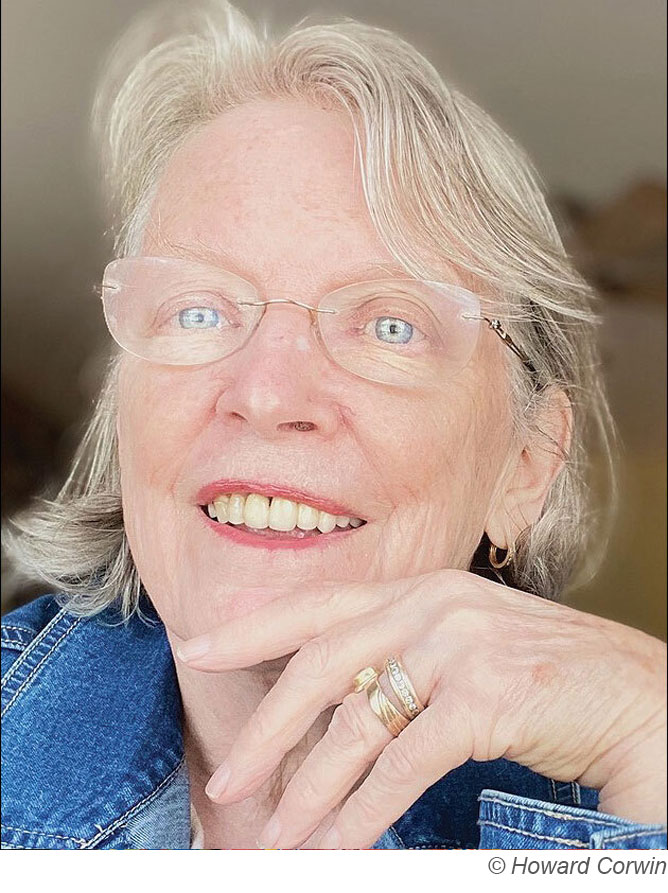
Lois Lowry
An emailed question: “We have a really, really good English teacher and she loves your books and her birthday is February 15, so I had this idea that you could like come here and we would hide you in the supply closet and then we would all sing Happy Birthday and you would like come out and you would be the surprise, it would be SO COOL, would you do that?”
My reply: “Oh darn, I’m afraid I’m busy that day. But please tell her Happy Birthday from me.”
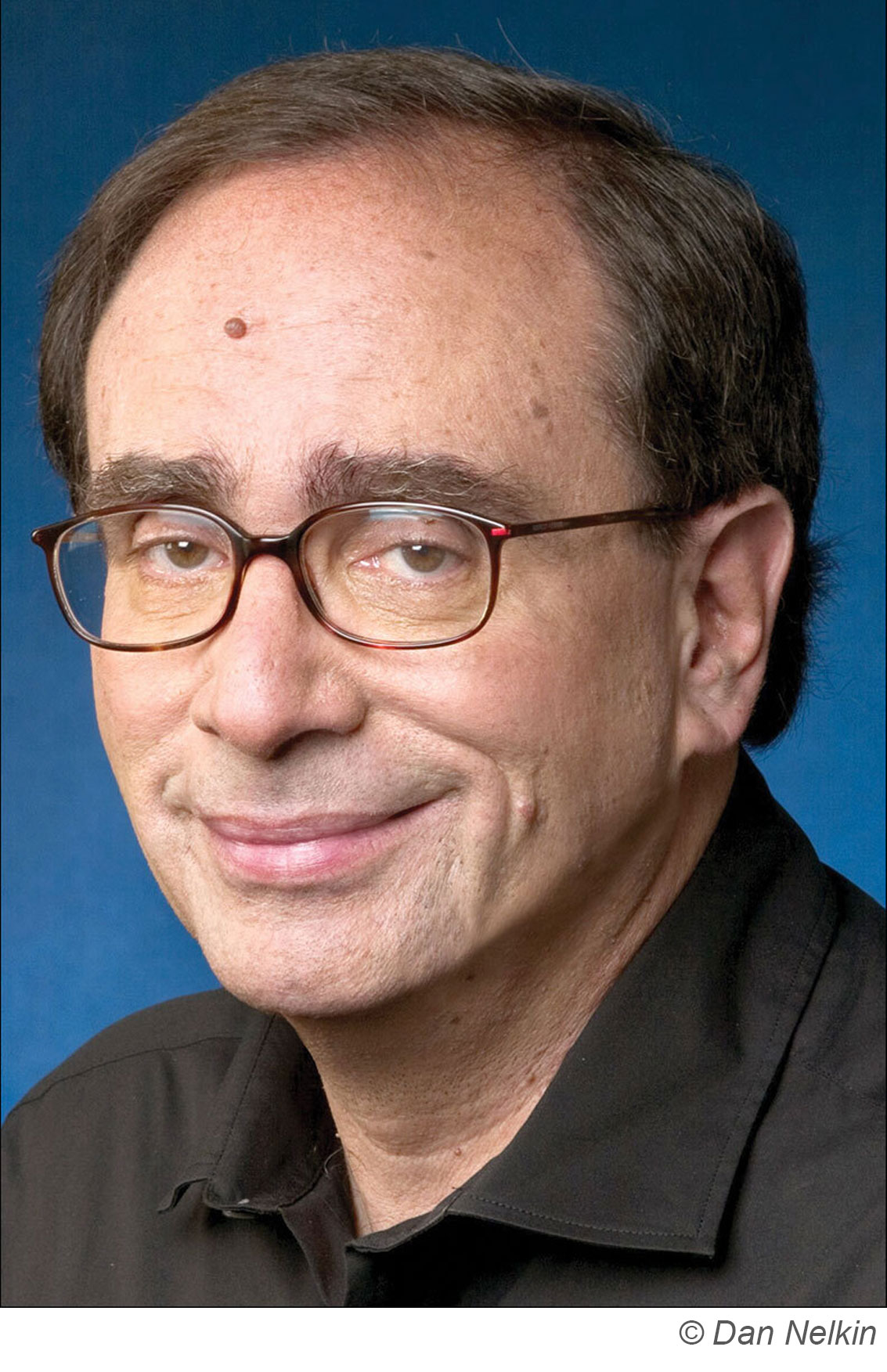
R.L. Stine
I don’t have a story about a kid asking me a question that led to an adventure. But I do remember the night a mother asked me a question that led to very mixed results. She told me her daughter was obsessed with Goosebumps and was having a birthday party that Friday night. She asked if I would phone the party and wish her daughter happy birthday. She said it would be an unforgettable moment for the girl and for all her friends.
At first, I said no. I get too many requests to call readers at home. It isn’t anything I have an inclination to do. But then I thought, maybe just once—since the daughter is such a fan—I’ll do it. So that Friday night, I called the party. The mother answered. I could hear kids shouting and laughing and loud music. I waited for the daughter to come to the phone. But she didn’t. I heard the mother calling to them: “Who wants to talk to R.L. Stine? Doesn’t anyone want to talk to R.L. Stine?” She sounded more and more desperate. They were having too good a time to talk to me. The phone call ended quickly.
That was my last party call.
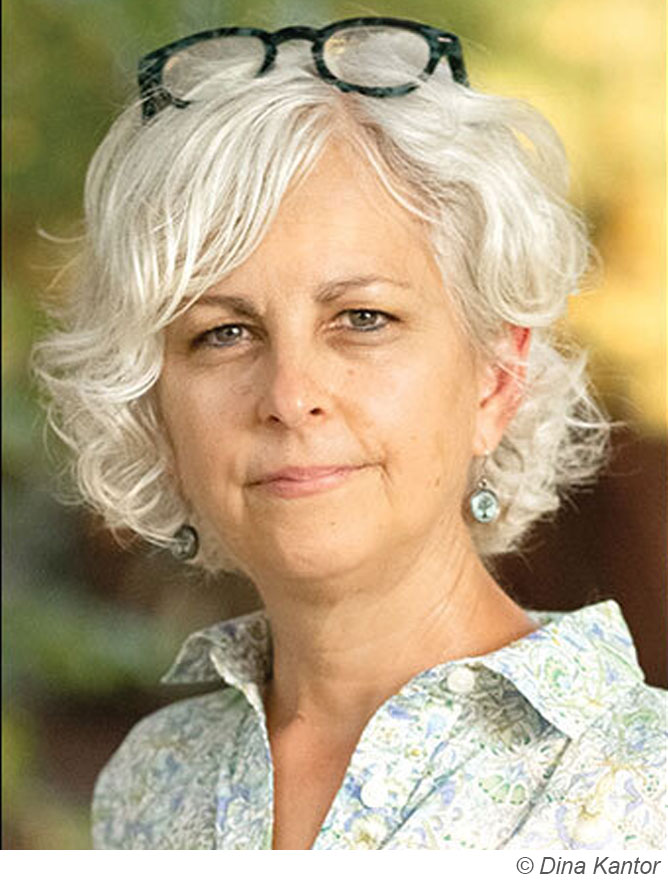
Kate DiCamillo
This was maybe 10 years ago at a library in Boston. A boy raised his hand and asked, “Why do you put all these complicated philosophical ideas into books for kids?” I answered, “Because kids are the ones who are willing to ask big questions. The older you get, the more afraid you get, and the less willing you are to question.”
I think of that kid all the time. His question helps me to keep questioning.
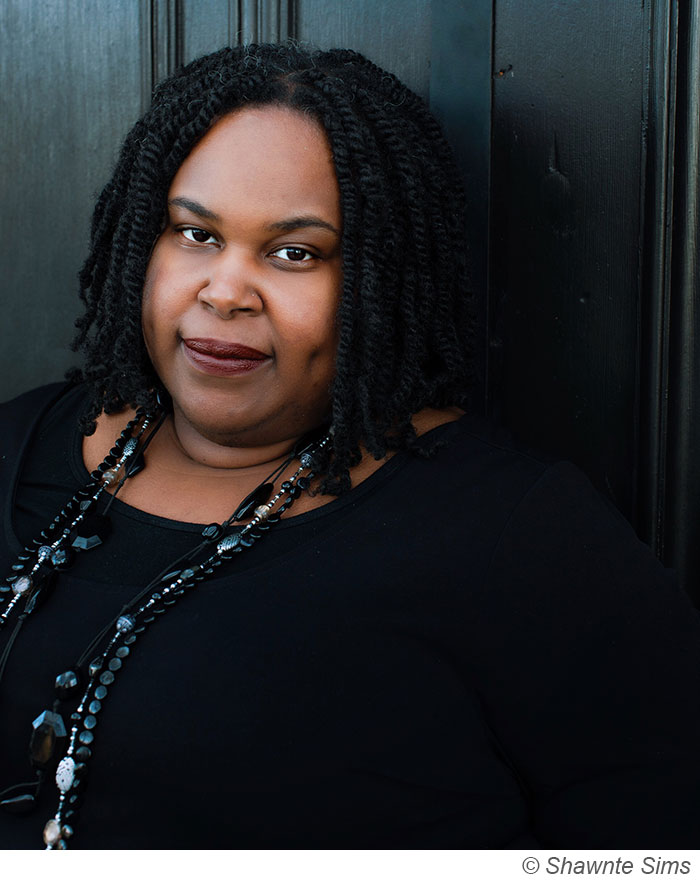
Renée Watson
Thousands of high schoolers gathered at the Auckland Writers Festival in New Zealand to hear me speak. When I first walked onstage, the enormity of the moment hit me—one school had come so far, the teachers and students woke up at 5 a.m. to make it to the venue. I wanted this moment to matter and be worth it. To say I was nervous is an understatement. I mention this because I want to acknowledge how brave it is for a young person to stand at a microphone and ask a question in front of not only their classmates but teenagers from around the city who they have never met. If I had butterflies after doing events like this for over a decade, surely they did too.
Halfway through the q&a, a group of Māori students stood at the mic holding hands. I could see their fear but also their courage. One student stepped forward, not letting go of his friends’ hands, and said, “I am representing my people, my community.... We want to know how to hold on to our culture and identity and how to stay proud even when so many people try to shame us, erase us.”
I remember thanking him—and his friends—for being bold enough to ask the question, and I encouraged them to continue to lean on each other, support each other. I told him that I draw strength from activists and artists who came before me who made sure our stories were preserved and passed on. I turn to poets and changemakers and remind myself that others have felt the same way and I study what they did to survive. I shared how knowing their stories gives me power and strength to hold on to my own, to be my full self, to take up space and have pride in where I come from. The most meaningful moment was after the talk, during the signing. The hand-holding friends were last in line and I was able to spend a little time with them. We had a touching conversation about not shrinking ourselves, about not letting anyone dim our light. It was an unexpected, raw, emotional exchange.
I often say that one of my favorite things about being an author is getting to meet the people I am writing for. This moment, that question, the talking and tears and the sharing is why.
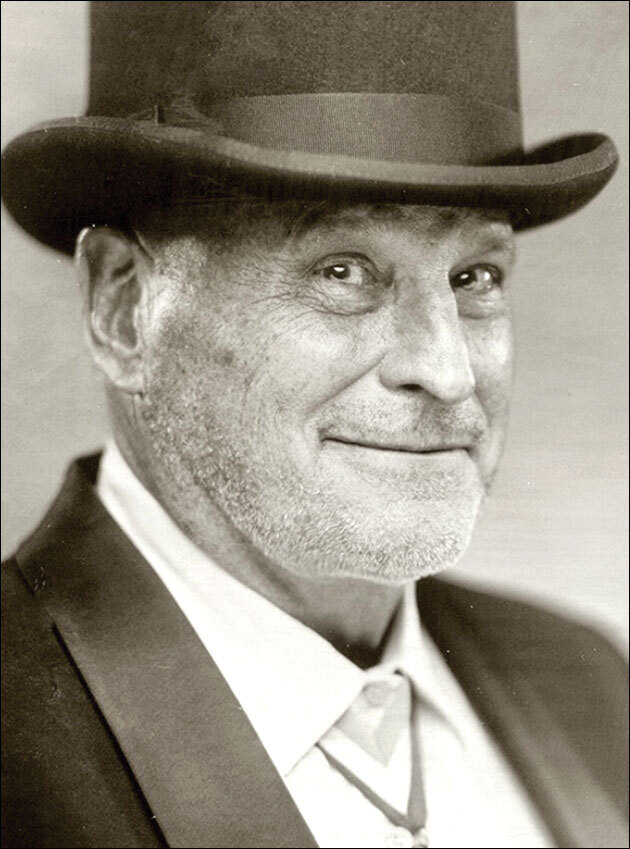
Jon Scieszka
I have so many favorite kid questions. Here are two.
“When was your first book published?” seems like an innocent enough question. And “The True Story of the 3 Little Pigs! came out in 1989” seems like a straight enough answer. But it was the third grader’s look of astonishment and follow-up question that was priceless: “You mean way back in the 1900s?!” Yes, I realized. It was. Way back in the 1900s.
Another time, after a pretty standard presentation about how I became an author, my process of writing, bits and pieces of The Stinky Cheese Man, Time Warp Trio, Knucklehead... I asked if anyone had any questions. I called on a second grader in the back row. He asked, very seriously, “Have you ever done anything you regretted?” I froze for a solid minute, reviewing a lifetime of regrettable decisions, wondering which one would sound least horrifying to my elementary school audience. I answered, “Yes. Next question!”





